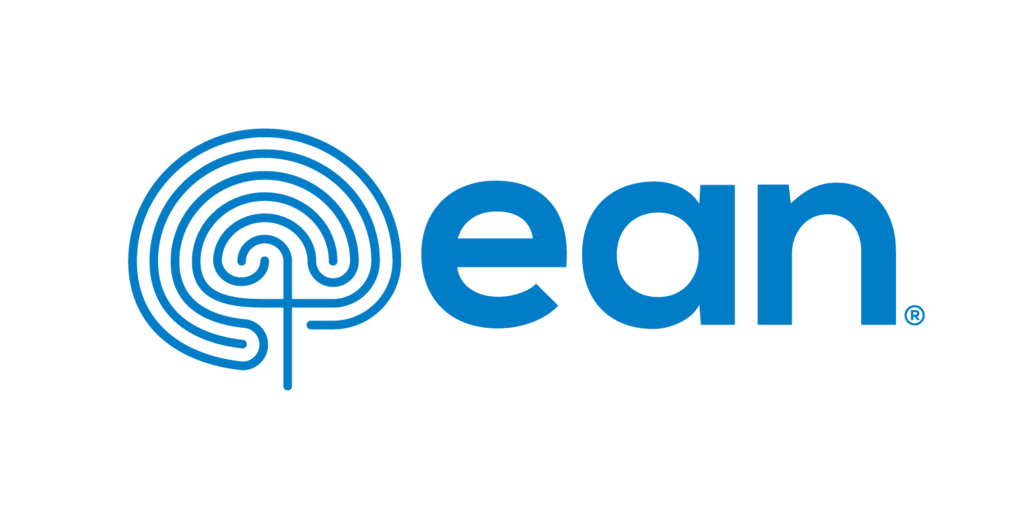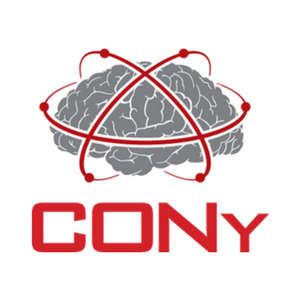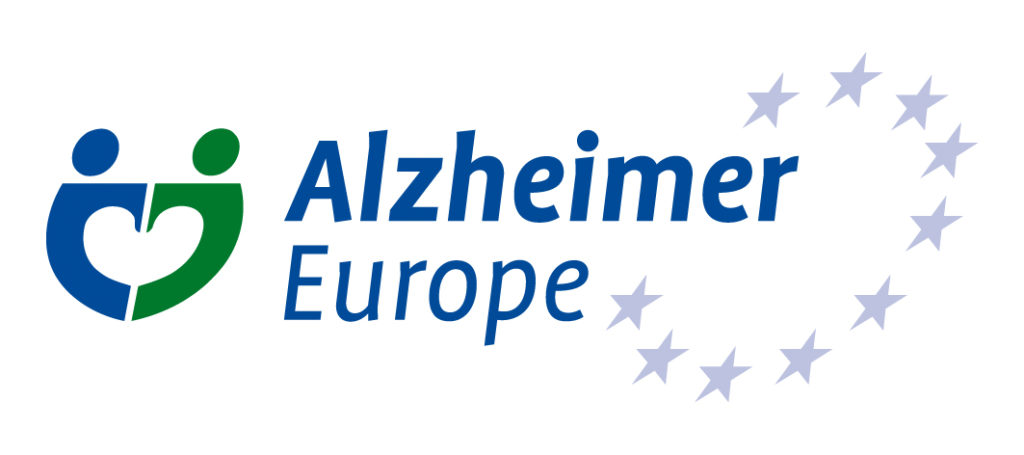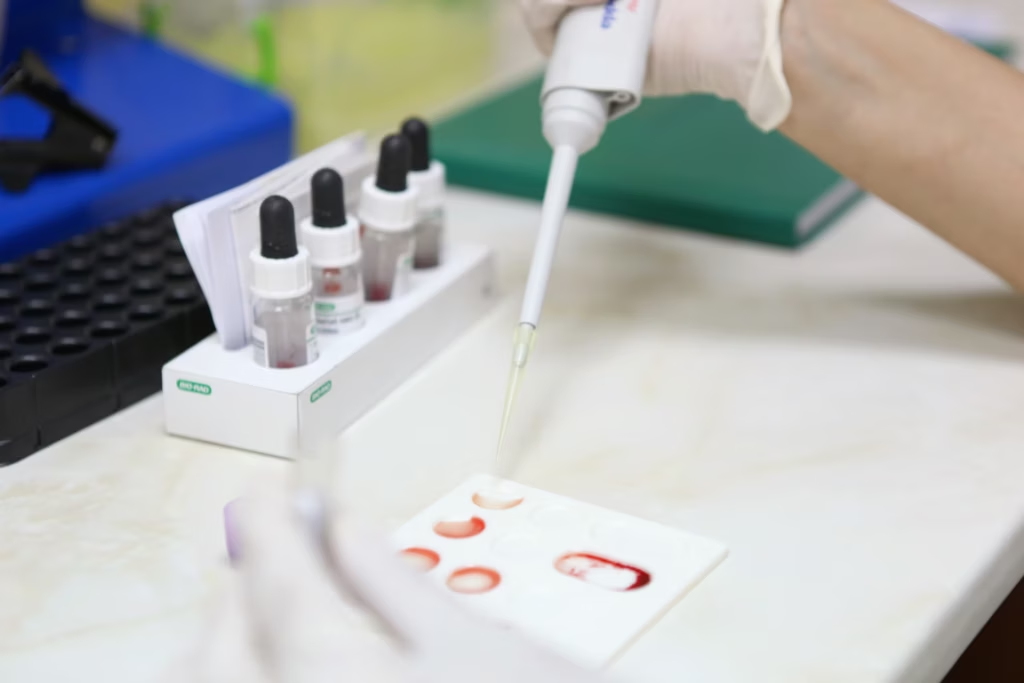Alzheimer's Disease and Dementia
An Introduction to Alzheimer's Disease and Dementia
Major advances in the understanding of the pathogenesis of Alzheimer’s disease (AD), the most common form of dementia, have occurred over recent years, but the need for truly disease-modifying therapies remains. Novel pharmacotherapy strategies under investigation include the repurposing of medications used to treat non-AD illnesses and multi-target-directed ligands, offering promise in this challenging treatment landscape.
Browse video highlights and short articles from the conference hub, providing insights into the latest updates from major conferences and peer-reviewed articles from our journal touchREVIEWS in Neurology. This is complimented by a range of educational activities developed in collaboration with our leading expert faculty.
Our supporting partners do not constitute an endorsement of the content on this page.

Late-breaking data from a study investigating auricular transcutaneous vagal nerve stimulation (atVNS) in patients with mild cognitive impairment (MCI) due to Alzheimer's disease (AD) were presented at the 10th Congress of EAN. In this interview, we speak with the study's presenter, Dr. Adam Broncel from Neuromedical, Poland, who, along with his team, has been pioneering this innovative approach, building on years of animal model trials to explore its potential in improving cognitive function in patients with AD.

Emerging data at EAN 2025 reveals key innovations across multiple neurological disease areas. In this article, you will learn:
- Biomarkers are transforming dementia diagnosis with earlier and more accurate detection.
- CGRP-targeted therapies are advancing personalized migraine care.
- Wearables and digital tools are enhancing movement disorder monitoring.
- Data-driven decisions are improving stroke management and outcomes.
- Gene and molecular therapies are revolutionizing neuromuscular disease treatment.
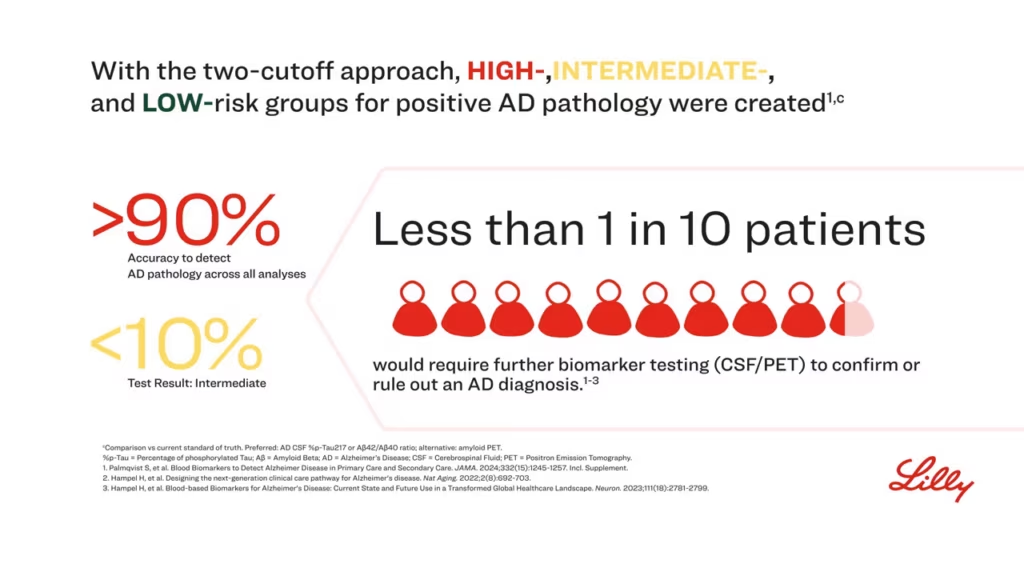
Watch leading experts discuss evolving fluid biomarkers for AD and assess current blood biomarkers for diagnosing AD in the clinic.
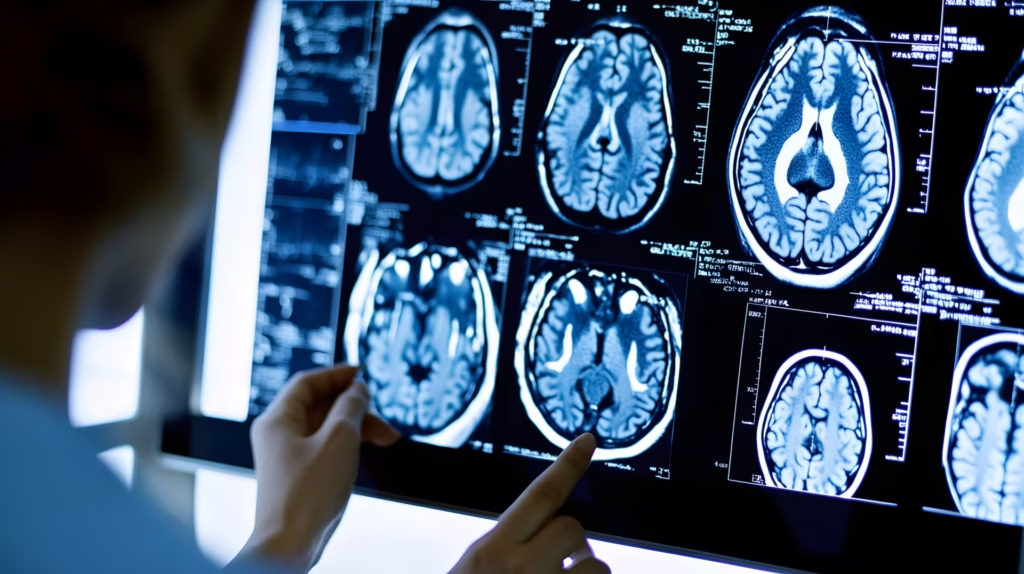
Dr Bedia Samanci is a 2025 touchNEUROLOGY Future Leader, and is already making a significant impact in the field of clinical neurology. In this Q&A we discuss advanced neuroimaging, biomarker discovery and the integration of machine learning into neurological diagnostics. Areas that promise to shape the future of patient care.

Prof. Michael Schöll joins us at EAN 2025, to discuss how plasma biomarkers are reshaping Alzheimer’s diagnosis.
In this Q&A, he explains the growing role of biomarkers like p-tau217 in MCI pathways, the challenges clinicians face without clear guidelines, and why blood-based and digital biomarkers, alongside new therapies, are the future of dementia care.
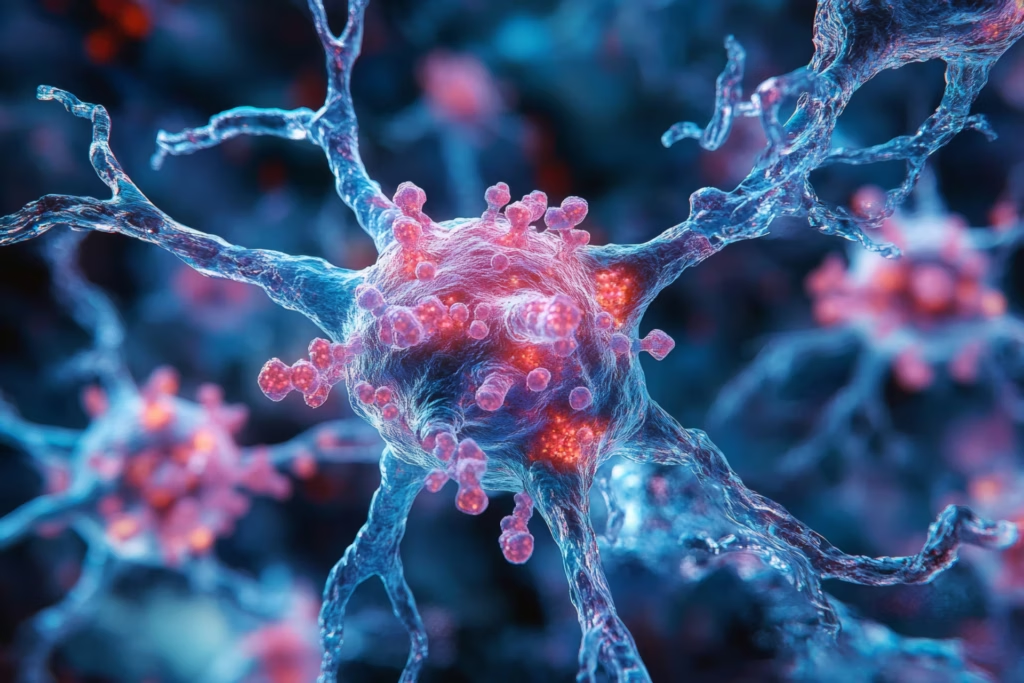
Prof. Bengt Winblad shares insights EAN 2025 on the evolving landscape of Alzheimer’s diagnosis and treatment. He discusses the growing role of biomarkers, the balance between early detection and clinical accuracy, and the challenges posed by the COVID-19 pandemic on dementia care. Prof. Winblad also explores emerging therapies, including monoclonal antibodies, and highlights the importance of combining biomarkers with cognitive testing to improve diagnostic precision and address the rise in undiagnosed cases post-pandemic.

Physician burnout is at a critical point. In this episode, Nicky speaks with Dr Alfred Atanda about why so many physicians are burning out and what can be done to change the trend. From personal experience to system-wide solutions, Dr Atanda shares valuable insights on improving physician well-being and building a more effective healthcare culture.

In this episode of Visionary Voices, Dr Anthony Caggiano, Chief Medical Officer at Cognition Therapeutics, joins us to explore how biomarkers are transforming our understanding of Alzheimer’s disease, from diagnosis and disease progression to drug development and the future of clinical care.
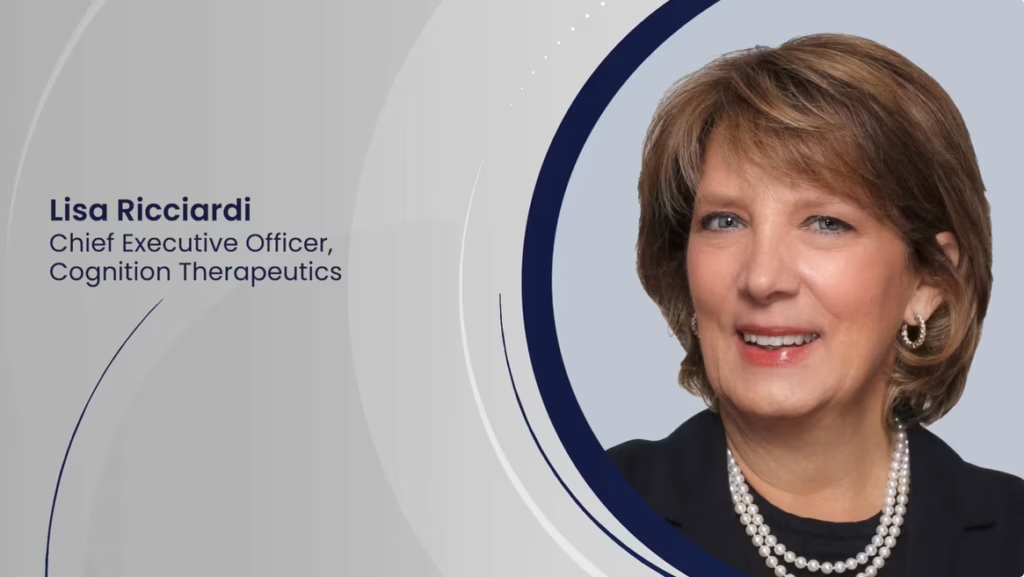
n this interview, we speak with Dr Anthony Caggiano, Chief Medical Officer and Head of R&D at Cognition Therapeutics, and Lisa Ricciardi, the company’s Chief Executive Officer. They discuss the design and findings of the phase II SHINE trial evaluating zervimesine (CT-1812) in mild to moderate Alzheimer’s disease, including important biomarker and clinical insights presented at recent international conferences. They also reflect on promising data from a study in dementia with Lewy bodies (DLB) and how these results are shaping the company’s next steps.

In this episode, we explore the future of continuing medical education (CME) with the team behind touchIME. Hannah Fisher and Matthew Goodwin share insights into global and US trends, the importance of patient inclusivity and how educational outcomes are evolving to better measure the direct impact of learning on clinical practice and patient care.
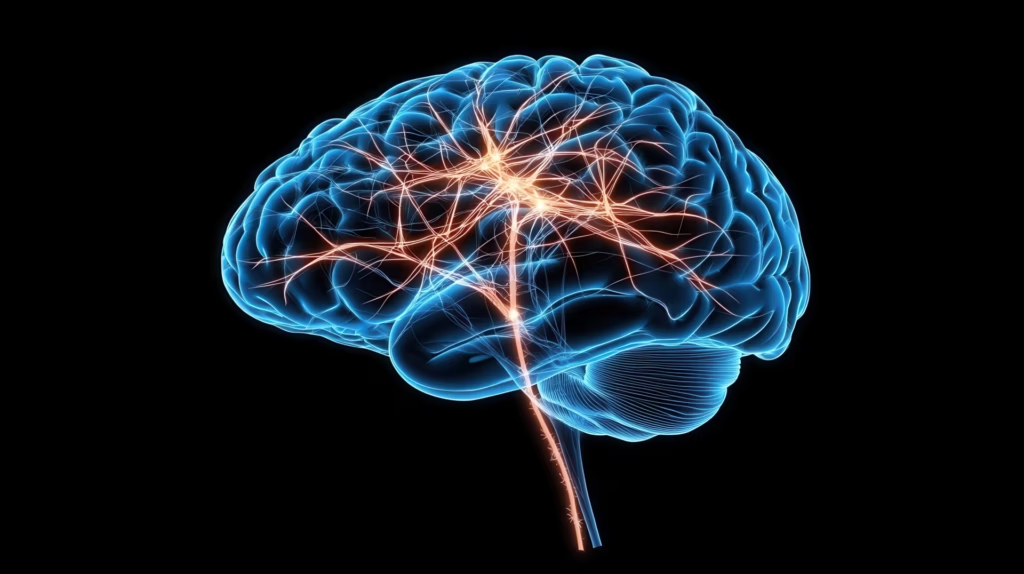
In this Q&A, Dr Andy Liu, Associate Professor of Neurology at Duke University School of Medicine, discusses his presentation on the clinical use of lecanemab in Alzheimer’s disease. Drawing on real-world experience and findings from the 2022 CLARITY AD study, Dr Liu explores the treatment’s benefits, challenges in daily practice and the importance of patient-centred care in this evolving therapeutic landscape.

The 2025 Annual Meeting of the American Academy of Neurology in San Diego brought together over 14,500 neurology professionals from 110 countries and all 50 US states, alongside more than 300 exhibiting companies. It was a week filled with inspiring science, learning, and global collaboration—all in support of advancing brain health for all. Among the many highlights were the late-breaking abstracts, showcasing some of the most exciting developments in neurology. From this impressive selection, we’ve chosen five standout presentations that reflect the innovation and momentum seen throughout the meeting.
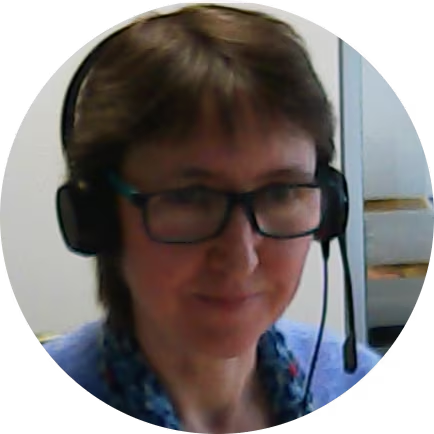
In this Q&A, Dianne Gove, PhD, Director for Public Involvement and Ethics at Alzheimer Europe discusses the impact of stigma on the quality of life of people living with dementia, explores strategies for raising awareness and challenging misconceptions, and highlights the role of healthcare professionals and Alzheimer Europe’s key initiatives in combating stigma, including plans for 2025.
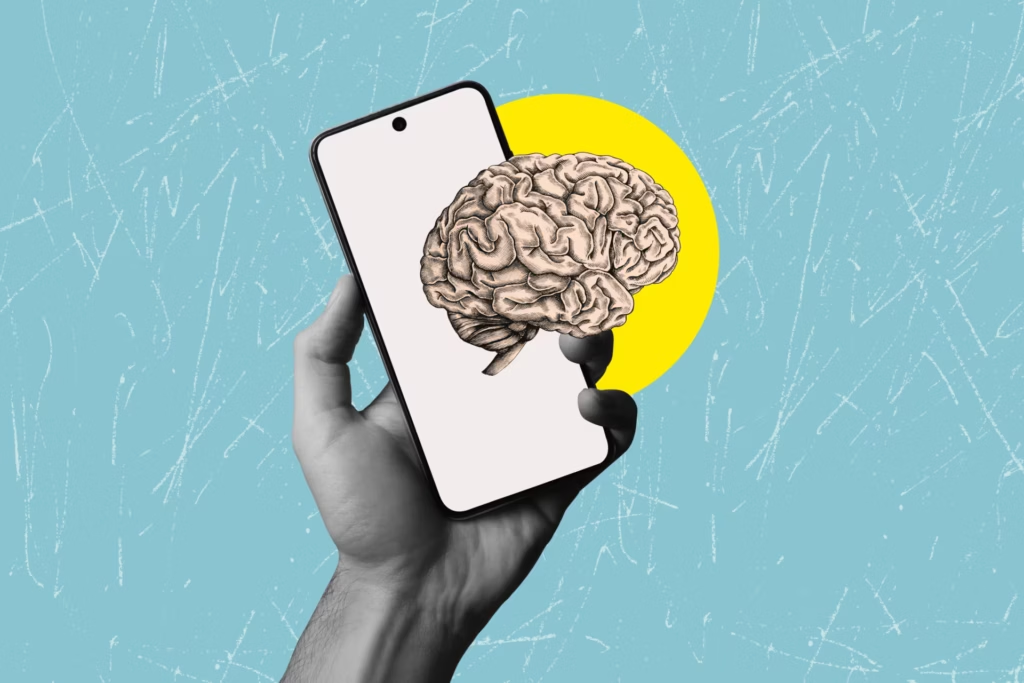
In this episode, we’re joined by Bradley Love, Professor of Cognitive and Decision Sciences at UCL, ELLIS fellow, and creator of BrainGPT. We discuss how this large language model is poised to assist researchers in advancing their work.
Latest articles videos and clinical updates - straight to your inbox
Log into your Touch Account
Earn and track your CME credits on the go, save articles for later, and follow the latest congress coverage.
Register now for FREE Access
Register for free to hear about the latest expert-led education, peer-reviewed articles, conference highlights, and innovative CME activities.
Sign up with an Email
Or use a Social Account.
This Functionality is for
Members Only
Explore the latest in medical education and stay current in your field. Create a free account to track your learning.


